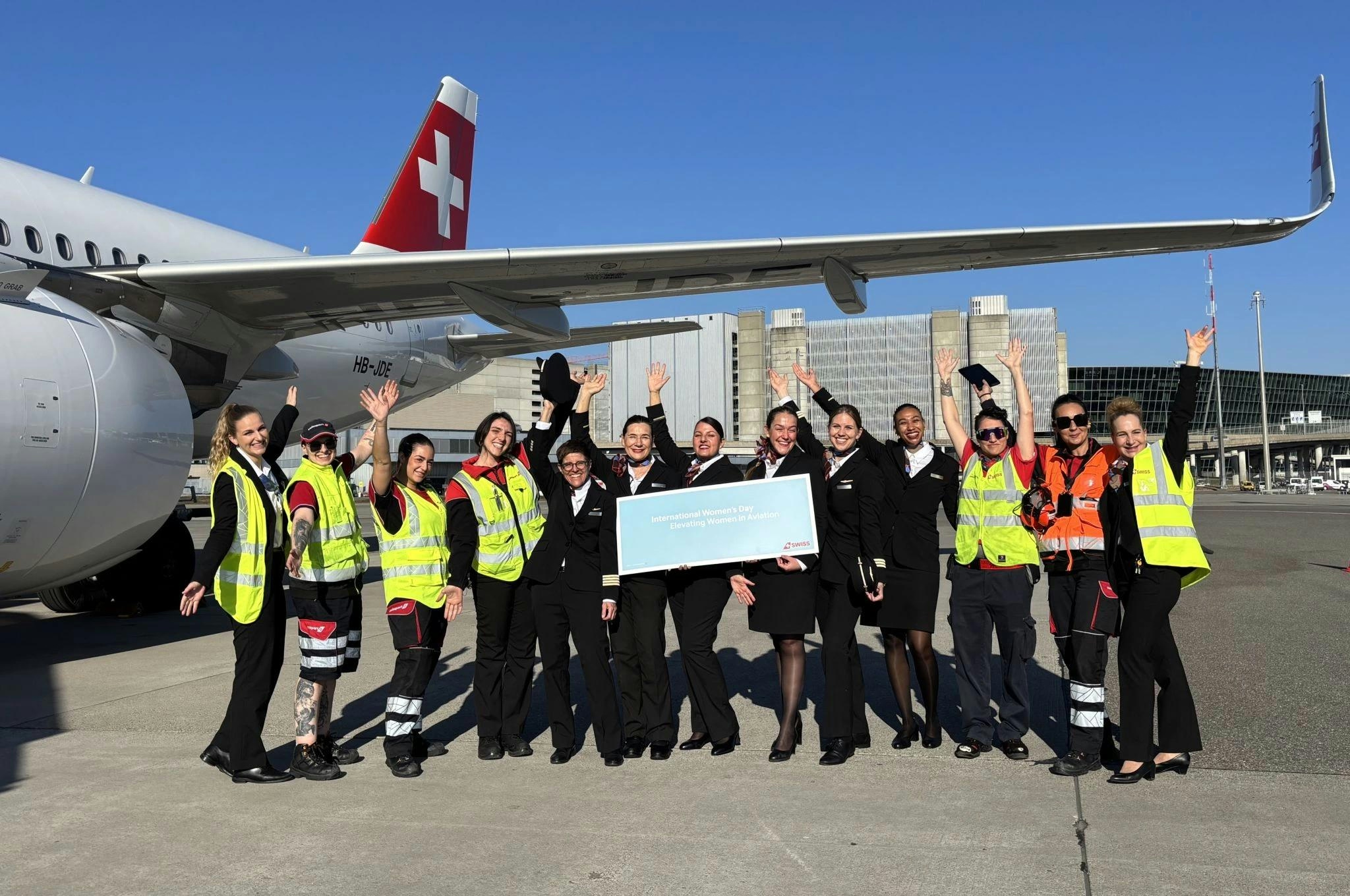
Smarter email, faster business.
Trending
Royal Air Maroc nearing deals for Boeing and Airbus jets, sources say
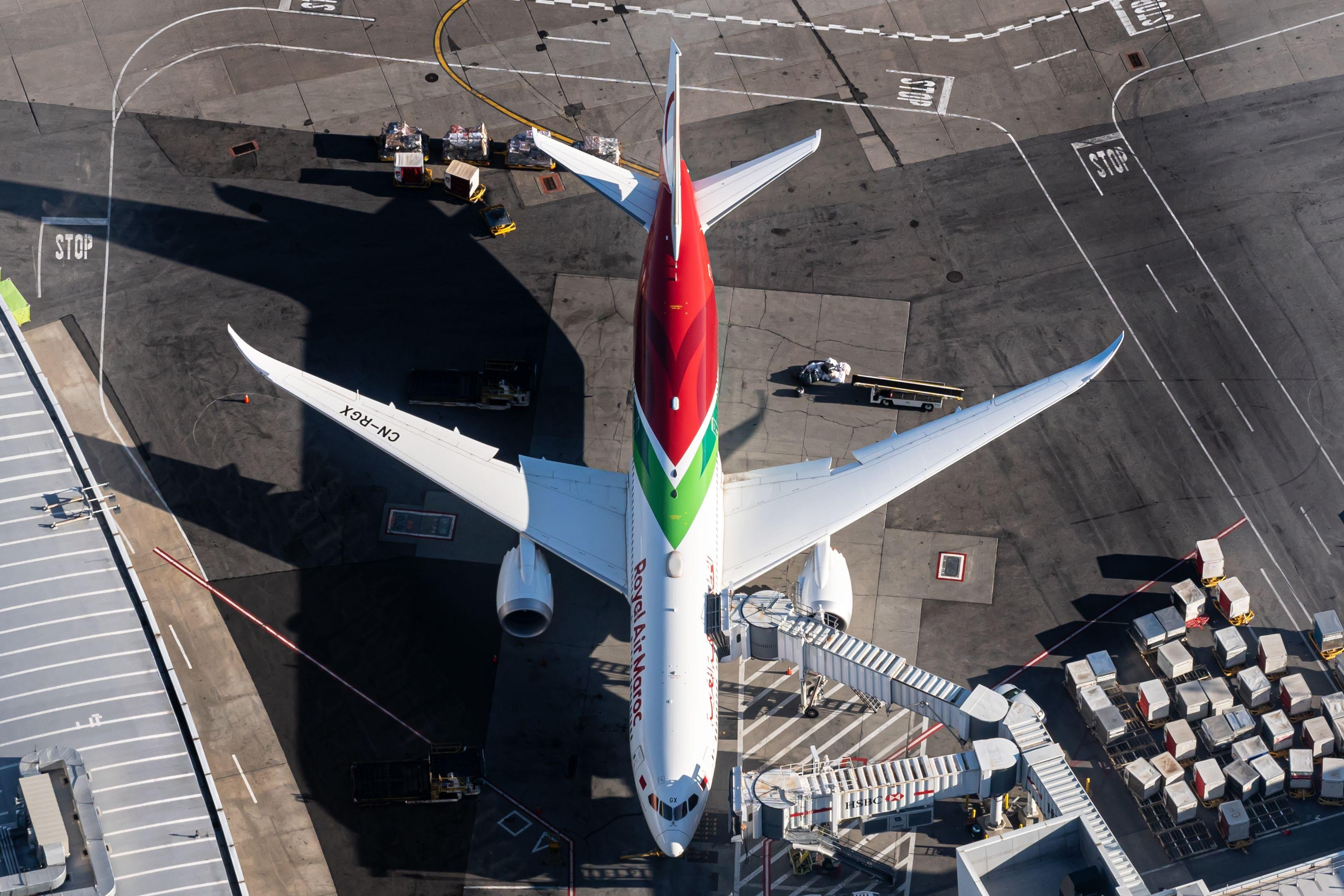
Royal Air Maroc Nearing Aircraft Deals Amid Global Trade Tensions
Royal Air Maroc is reportedly close to finalizing significant aircraft purchase agreements with both Boeing and Airbus, according to sources familiar with the ongoing negotiations. These potential deals come at a time when the aviation industry is grappling with the broader implications of escalating trade and technology rivalries between the United States and China, which are disrupting global supply chains and complicating international business decisions.
Aviation Industry Navigates a Complex Geopolitical Landscape
The Moroccan flag carrier’s prospective agreements emerge amid a turbulent period for the aerospace sector. Airbus recently revised its 20-year jet demand forecast upward, reflecting confidence in long-term growth despite persistent geopolitical frictions. Concurrently, Boeing continues to pursue new contracts aggressively, securing a notable deal in Doha even as it contends with delays in the Air Force One program and manages high-profile transactions such as Qatar’s luxury jet acquisition.
Market analysts remain cautious, noting that ongoing US-China tensions could introduce uncertainties into cross-border deals and supply chain logistics, potentially influencing the final terms of Royal Air Maroc’s negotiations. Both Boeing and Airbus are expected to adopt strategic approaches to safeguard and expand their market shares, closely monitoring each other’s moves in a highly competitive and evolving global environment.
Broader Implications of US-China Rivalry on Global Industries
The intensifying competition between the United States and China extends well beyond technology sectors, affecting industries worldwide. The two largest global economies are engaged in a contest over advanced technologies such as artificial intelligence and 5G networks. While economic interdependence has historically fostered collaboration, rising national security concerns have led governments and corporations to reassess longstanding partnerships.
This dynamic is evident in other regions as well. For instance, the United Kingdom is reevaluating its relationship with Chinese technology firm Huawei following US sanctions that threaten the company’s access to essential semiconductor components. Such developments underscore the increasing challenges faced by multinational enterprises operating in a fragmented global market.
Michael Witt, senior affiliate professor of strategy and international business at INSEAD, remarked on the shifting landscape, stating, “The tech companies are only now waking up to the fact that life in the future is going to be a lot less globalized. They are really on the horns of a dilemma.”
As Royal Air Maroc deliberates between Boeing and Airbus, its decisions will likely be influenced not only by commercial factors but also by the broader geopolitical and economic forces shaping the future of global aviation. The outcome of these negotiations may serve as a bellwether for how airlines and manufacturers adapt to an increasingly divided international marketplace.
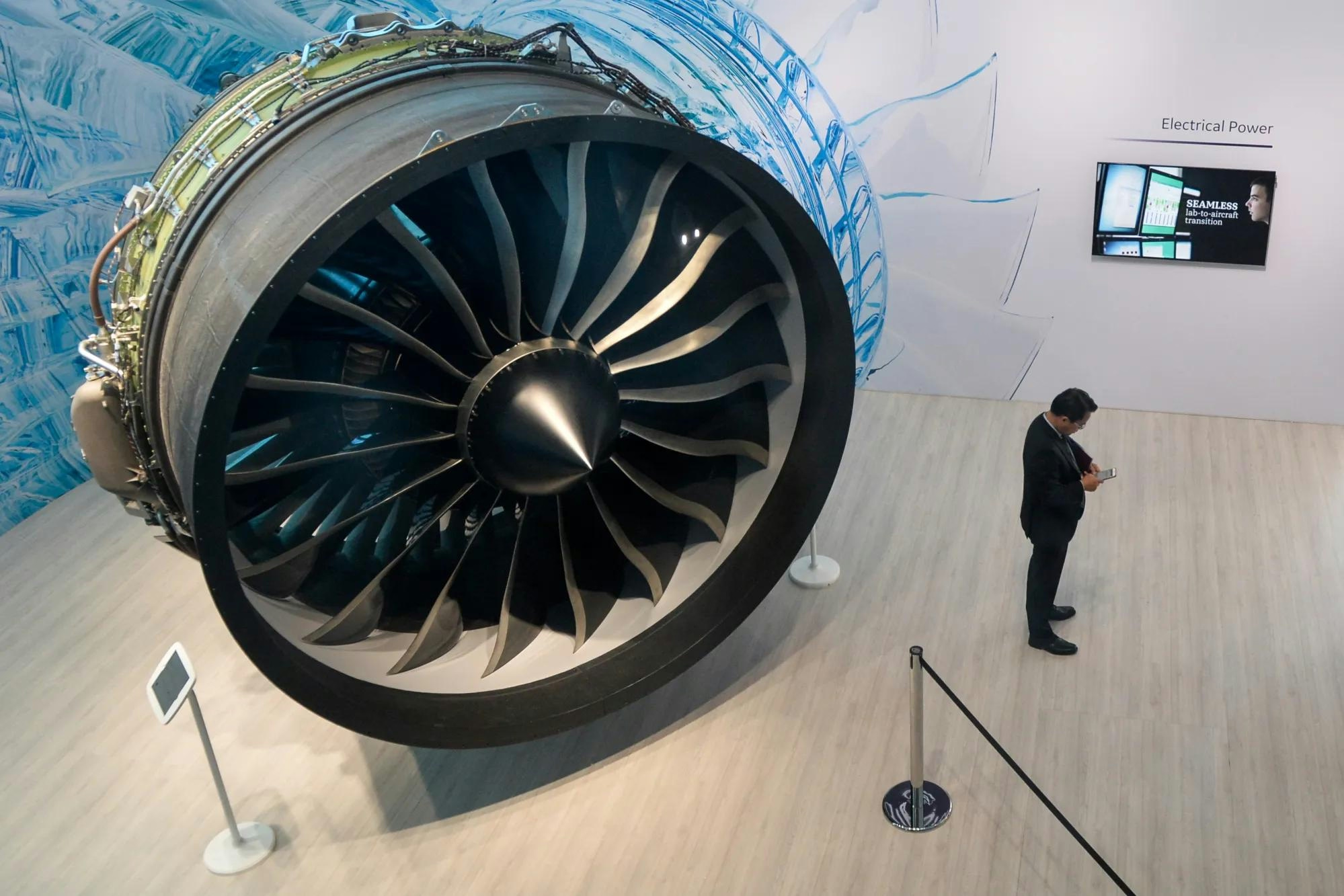
US to Lift Engine Export Restrictions to Chinese Aircraft Maker COMAC
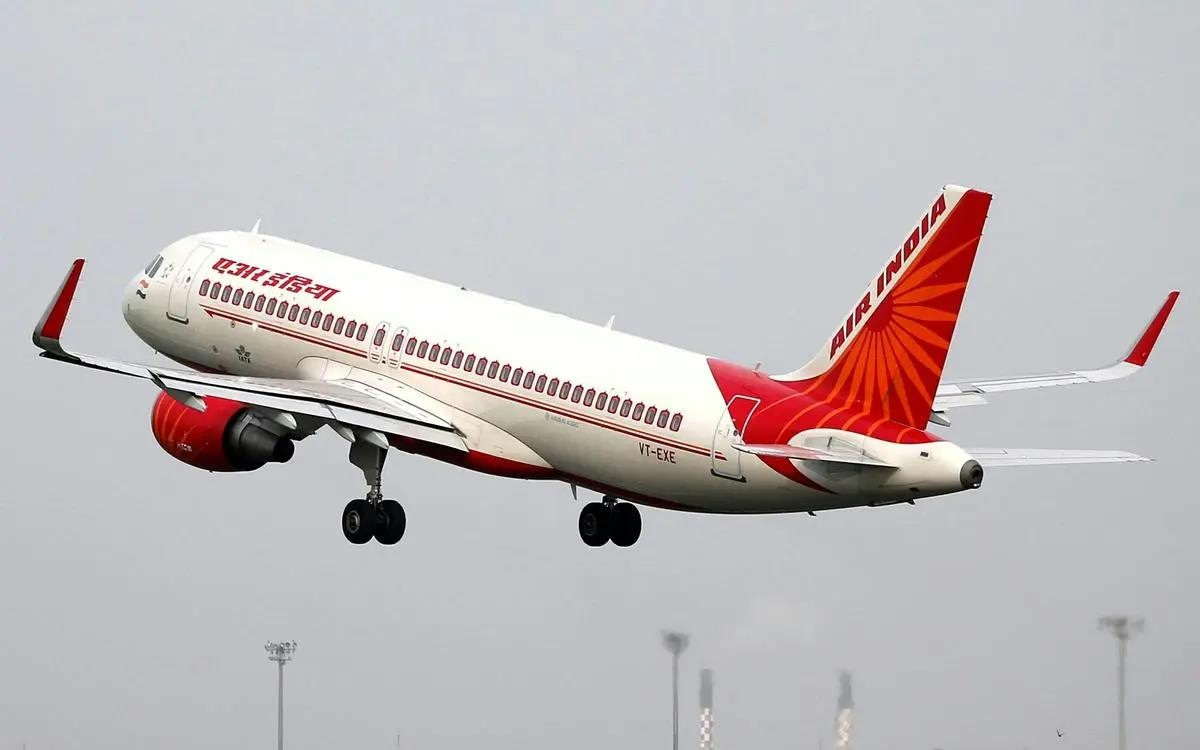
Air India Pilot Collapses in Cockpit Before Bengaluru-Delhi Flight
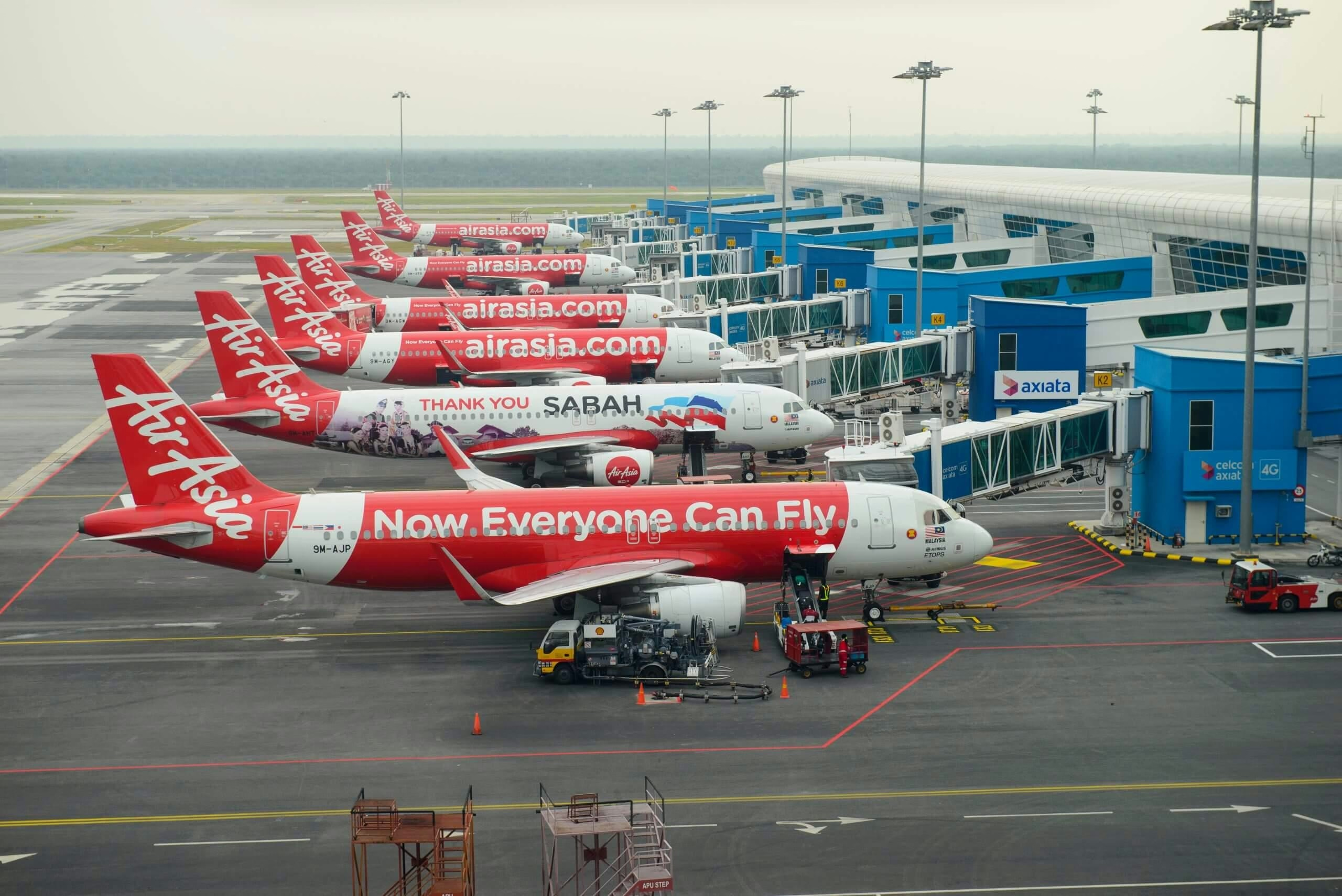
AirAsia Orders 50 Airbus A321XLR Jets as Restructuring Nears Completion
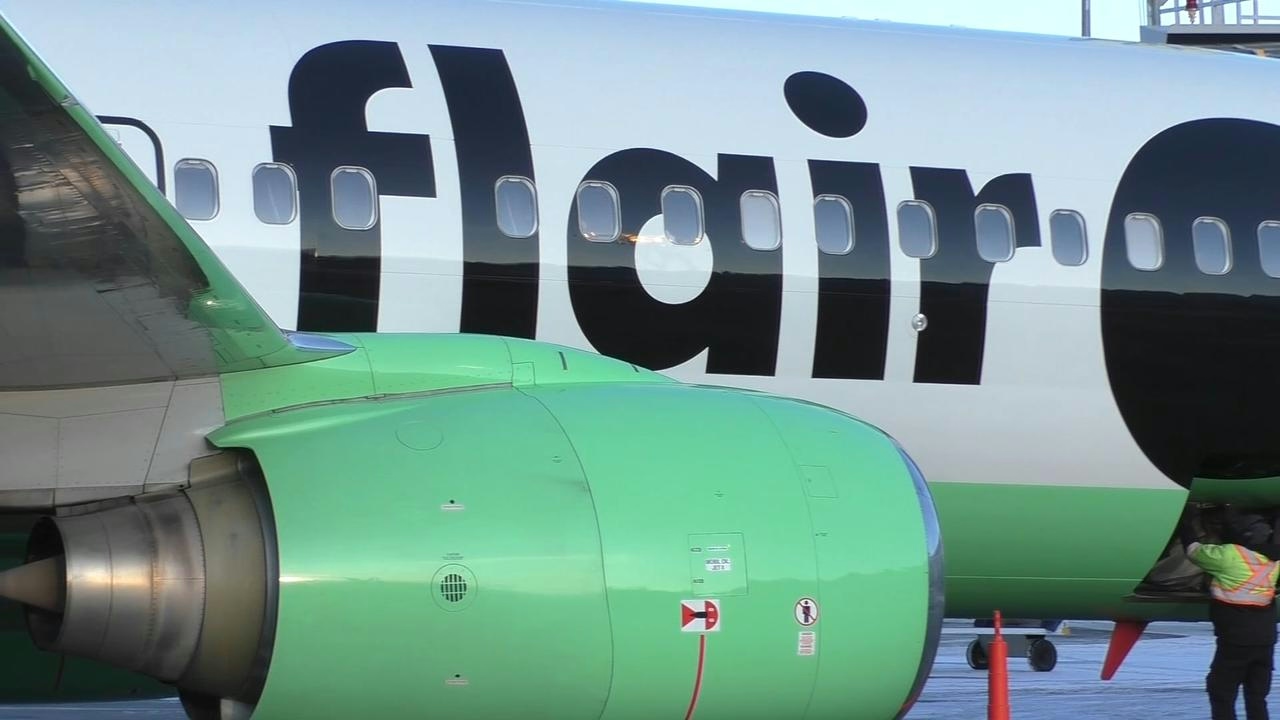
Aircraft Lessors Sue Flair Airlines Over 2023 Plane Seizures
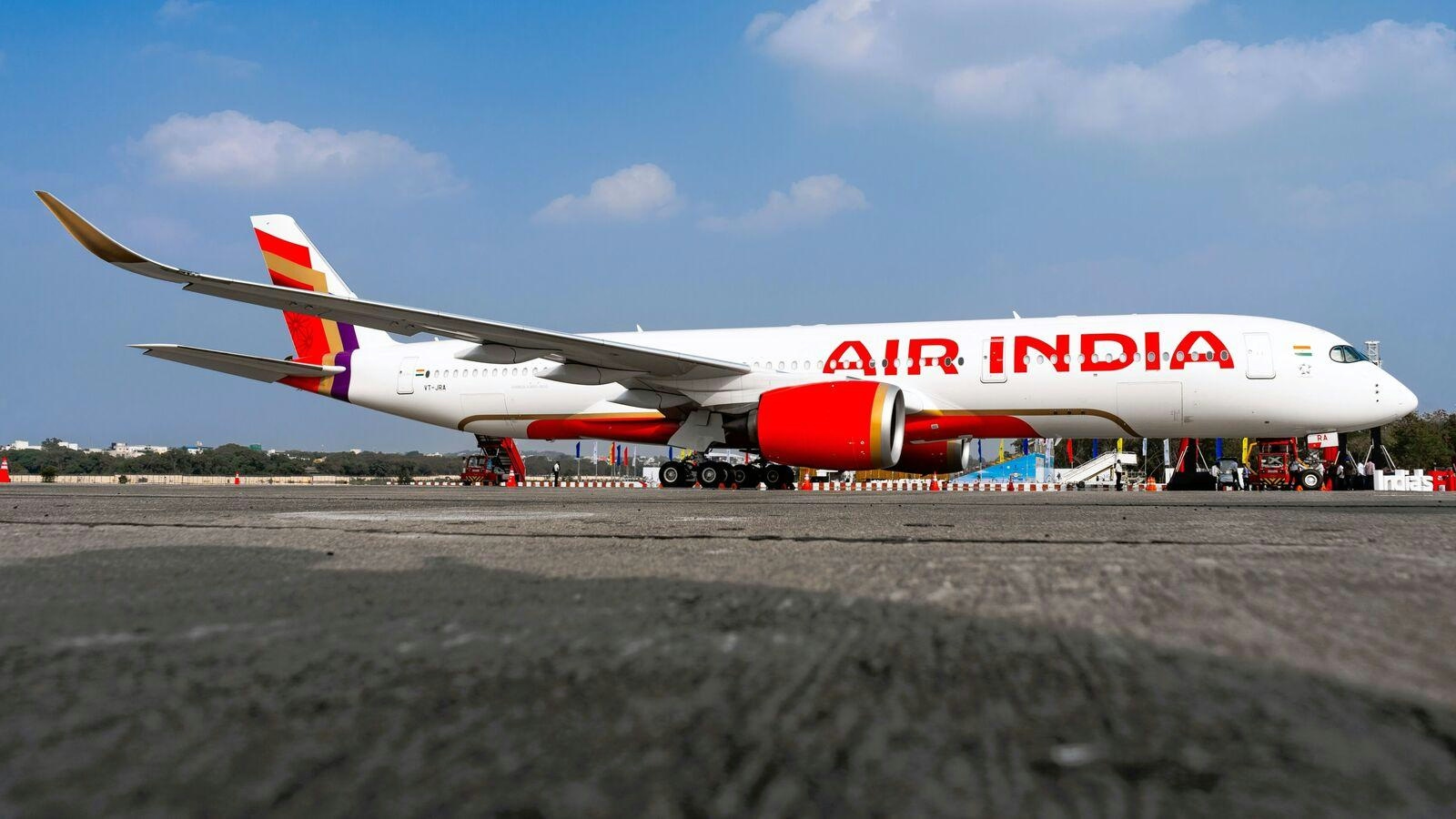
Why India’s Airline Startups Are Investing in Hybrid Fleets
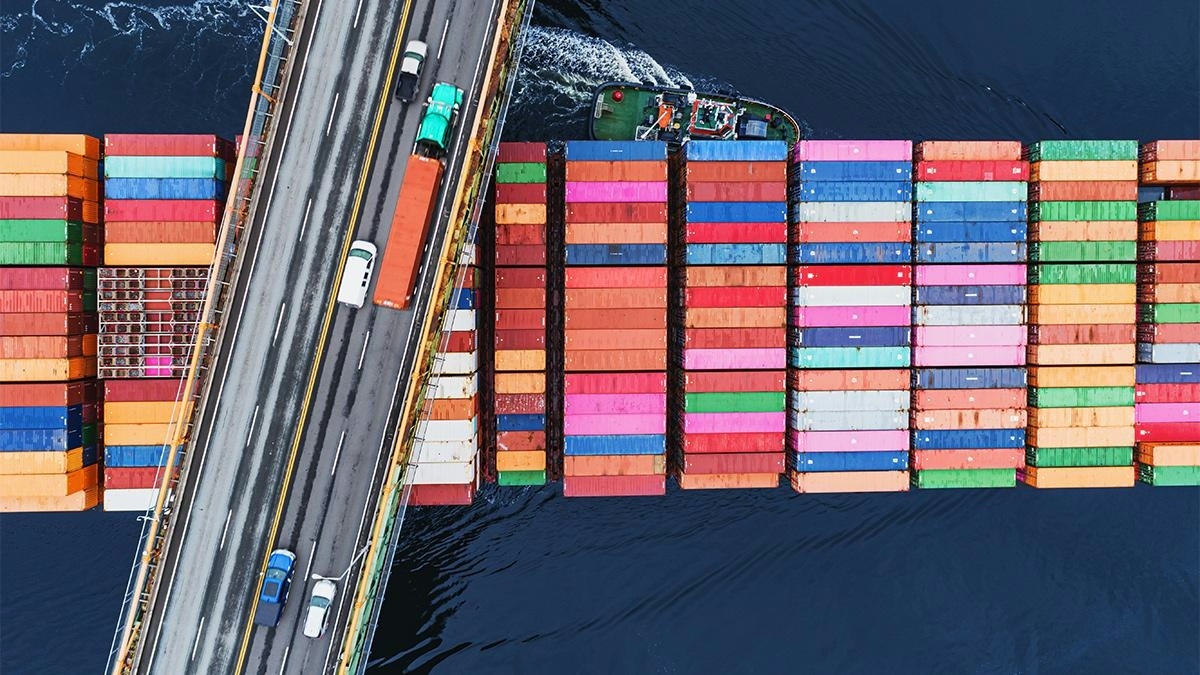
Supply Chain Bottlenecks Disrupt Global Trade

CIASL Initiates ₹50 Crore MRO Hangar Project to Develop Kochi as Aviation Hub
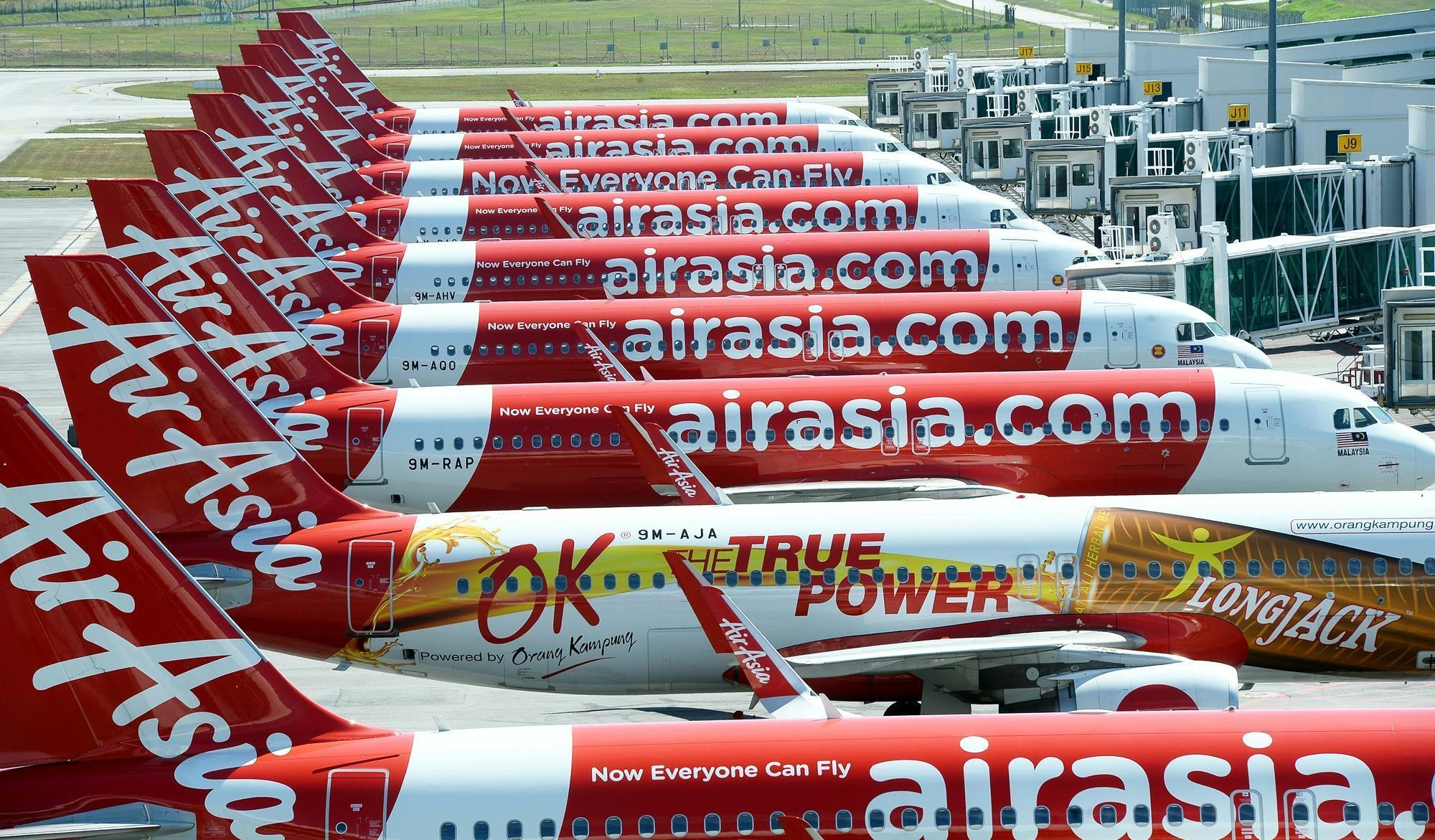
AirAsia Orders 50 Additional A321XLR Aircraft for Long-Haul Expansion

BBGA, EBAA, and RAeS Call for Unified Aerospace Representation
